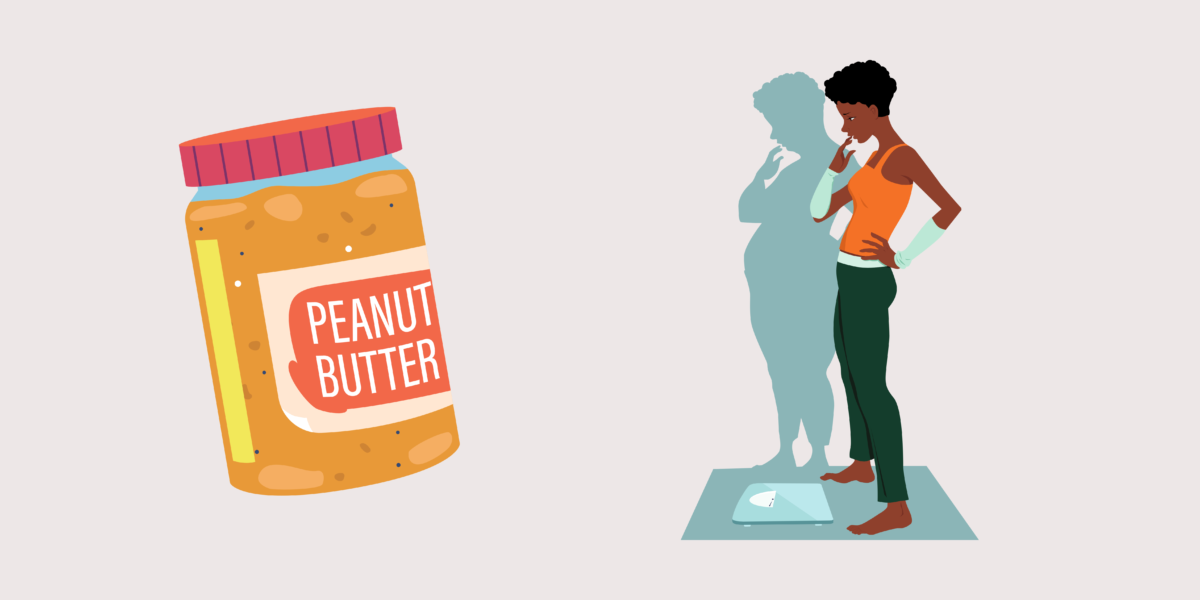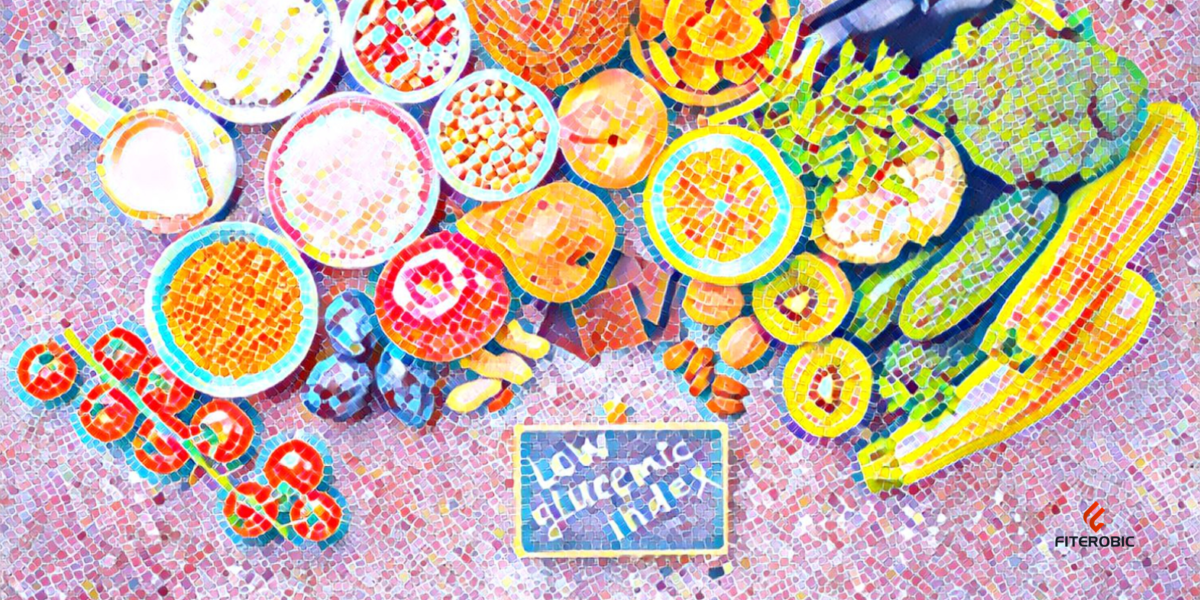
Do You Really Need 8 Glasses of Water a Day?
Do You Really Need 8 Glasses of Water a Day? Separating Myths from Science
Most of us have heard the advice: drink 8 glasses of water each day. While this general recommendation is easy to remember, is it really backed by science? In recent years, experts have debated the one-size-fits-all approach to hydration. Understanding personal hydration needs can help you maintain better health and avoid common hydration myths. Here, we’ll explore how much water you really need. We will look at what factors affect your water intake. We’ll also see which hydration habits work best for your health.
Where Did the 8-Glasses-a-Day Rule Come From?
The 8-glasses-a-day guideline has roots in the U.S. Food and Nutrition Board’s recommendation from the 1940s, which suggested a daily fluid intake of 2.5 liters (about 84 ounces) for adults. However, this recommendation accounted for fluids from both food and beverages, including water-rich foods like fruits and vegetables. Since then, the guideline has morphed into the simplified “8×8” rule. There’s no universal scientific evidence to support it as a one-size-fits-all approach.
How Much Water Do You Really Need?
Daily water needs depend on individual factors like age, activity level, and environment. The National Academies of Sciences recommends 3.7 liters (about 15.5 cups) of fluids per day for men and 2.7 liters (about 11.5 cups) for women. These amounts include all fluids consumed, not just water. Harvard Health advises that most healthy adults can stay hydrated by drinking when they’re thirsty. Our bodies are quite adept at signaling hydration needs.
Hydration from Foods and Beverages
In addition to plain water, other drinks and foods contribute significantly to hydration. About 20% of daily fluid intake typically comes from food, particularly water-rich fruits and vegetables like watermelon, cucumber, and oranges. Beverages such as tea, milk, and even coffee also contribute to hydration. Contrary to popular belief, moderate caffeine intake doesn’t dehydrate you. The reports on this topic suggests that most people can include caffeinated beverages in their hydration routine without issue.
Hydration Myths and Facts
Does Coffee Dehydrate You?
While caffeine is a mild diuretic, research shows that moderate coffee or tea consumption does not lead to dehydration. In fact, caffeinated drinks still contribute to your daily fluid intake. It’s safe to include them as part of your hydration plan.
Can You Get Enough Hydration from Food?
Many foods are high in water content. For individuals with water-rich diets, this can reduce the amount of plain water needed. Fruits, vegetables, soups, and even yogurts are great sources of hydration.
Does Drinking More Water Help with Weight Loss?
Drinking water before meals can help control appetite by creating a sense of fullness, which may reduce calorie intake. Also, water aids digestion and helps maintain metabolism, factors that indirectly support weight management.
Health Benefits of Staying Hydrated
Water is essential for many bodily functions, including regulating temperature, aiding digestion, and supporting joint health. Research cited by Arizona State University shows that even mild dehydration can impair cognitive abilities. The Mayo Clinic states that this can occur with as little as 1% to 2% of body weight loss. It can also reduce physical performance. Staying hydrated can also prevent issues like kidney stones, urinary tract infections, and constipation.
Overhydration Risks: When Drinking Too Much Water Can Be Harmful
Overhydration, though uncommon, is known as Hyponatremia. It occurs when excess water dilutes sodium levels in the blood. This can cause symptoms like headache, nausea, and even seizures. Hyponatremia is more likely to occur among endurance athletes or individuals who consume large amounts of water without replenishing electrolytes. Research warns against excessive water consumption, particularly during intense exercise or hot weather, without balancing electrolyte intake.
Hydration Tips for Active and Older Adults
For athletes, hydration needs increase with physical exertion and vary by exercise type, climate, and body size. Harvard Health and Medical News Today suggest that athletes replenish fluids and electrolytes lost during prolonged or intense activities. For older adults, hydration can be more challenging since the sensation of thirst declines with age. To help with hydration, older adults should incorporate fluids into daily routines. They can drink a glass of water at each meal.
How to Track and Improve Your Hydration Daily
Tracking hydration doesn’t have to be complicated. Experts from Harvard suggest using thirst as a primary indicator of hydration. AARP also notes that monitoring the color of your urine can provide insights. Pale yellow indicates good hydration, while darker yellow can signal dehydration. To make hydration a habit, drink water at regular intervals throughout the day, such as with meals and during exercise.
Wrap Up
While the 8-glasses-a-day guideline can be a helpful starting point, hydration needs are personal and vary widely. Factors such as diet, activity level, and climate influence daily water intake. For most people, a combination of drinking when thirsty and consuming water-rich foods is enough to stay hydrated. To find the right balance for your lifestyle, consider consulting with a healthcare provider. By staying mindful of your body’s needs, you can build hydration habits that support overall health and well-being.
FAQs
Do I need to drink exactly 8 glasses of water every day?
The “8 glasses” guideline is a general recommendation and not backed by specific science for all individuals. Hydration needs vary based on personal health, diet, and lifestyle.
Can coffee and tea count toward my daily water intake?
Yes, caffeinated drinks like coffee and tea do contribute to hydration. However, water remains the best choice to avoid excess caffeine and sugar.
How can I tell if I’m drinking enough water?
You’re likely hydrated if you feel little thirst and your urine is light yellow. Adjust intake based on your activity level, environment, and health conditions.
What are the signs of dehydration?
Common signs include dark urine, dry mouth, dizziness, fatigue, and confusion. If symptoms persist, consult a healthcare provider.
Is it possible to drink too much water?
Yes, excessive water intake can lead to Hyponatremia (low blood sodium), which is dangerous. It’s essential to drink mindfully, especially during intense exercise or in hot weather.





No Comments